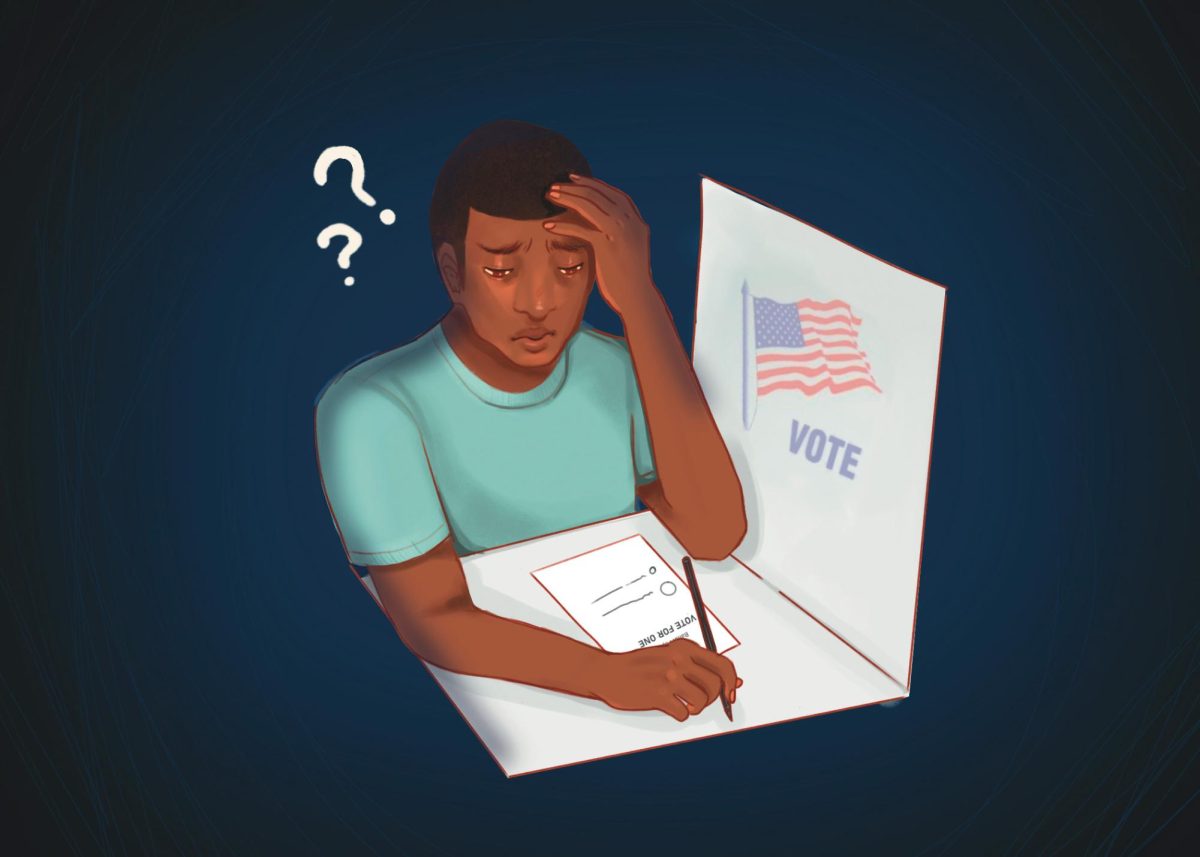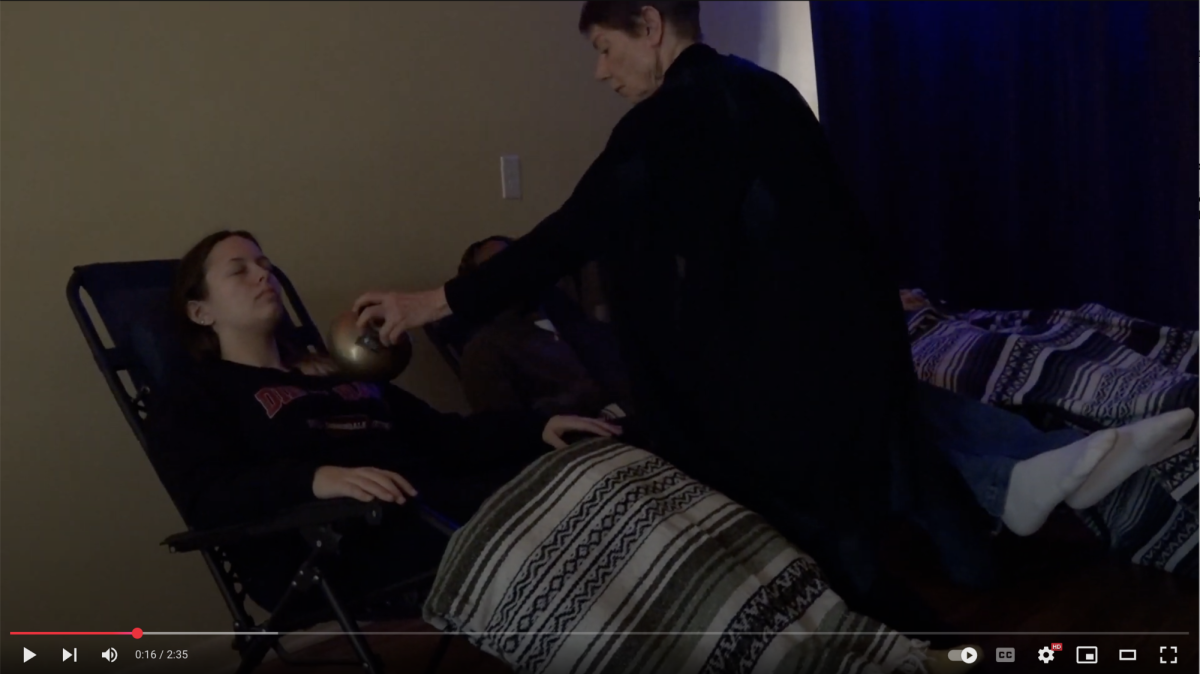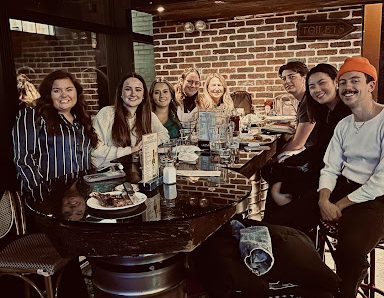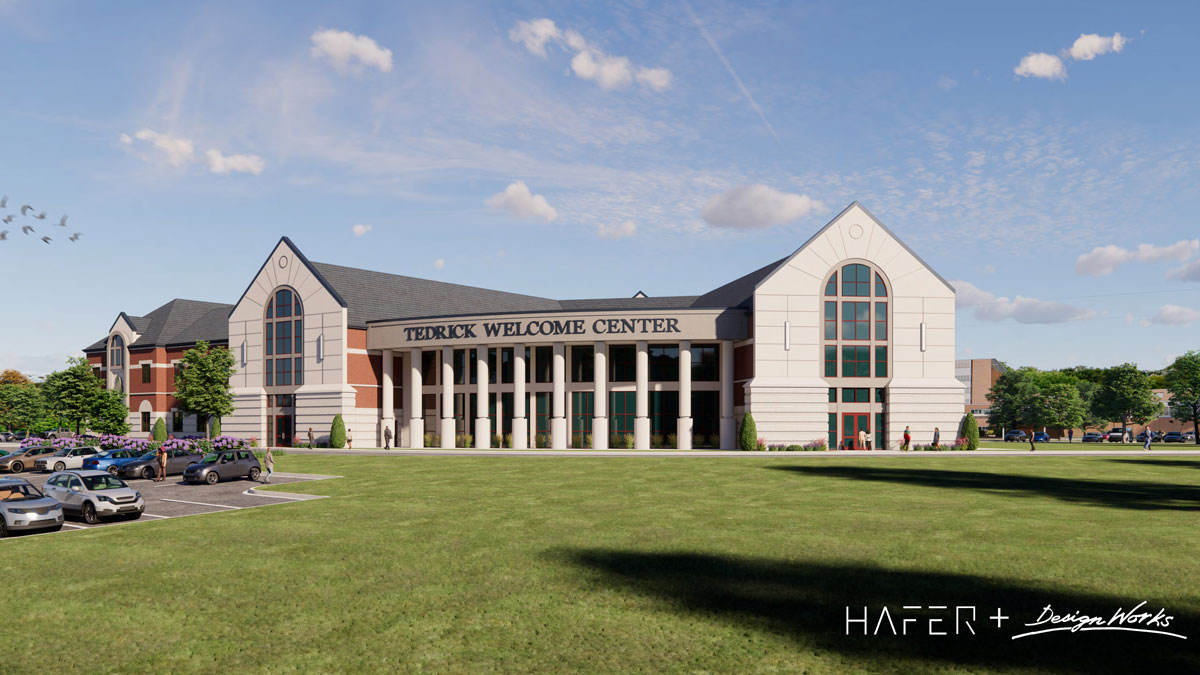Elections play an important role in community governance, influencing how local government officials address public needs. In recent years, there has been a rise in uncontested races particularly at the local and state levels.
Gerrymandering, the ability to draw district lines to favor one party over another, has skewed many elections, according to political experts.
“In districts that are overwhelmingly Democratic or Republican, it’s hard to find competition,” John Jackson, a visiting professor at the Paul Simon Public Policy Institute, said. “Gerrymandering means that candidates from the opposing party often don’t even bother to run because they know they have little chance of winning.”
Advertisement
John Shaw, the institute director for the Paul Simon Public Policy Institute, said that Illinois is a great example of gerrymandering at the state level.
“The Illinois political map has become decisive… much of downstate Illinois is heavily Republican, so if you’re a Democrat, you face almost the certainty of losing,” Shaw said.
Andrew Erbes, Vice Chair of the Jackson County Board, reflects on his own experience of running unopposed.
“In my case, there wasn’t much competition. The opposition party had trouble finding someone to run against me because they didn’t think they could win. They focused their time and resources on other races they had a better chance of winning,” he says.
Erbes, who is a Republican, said running unopposed was less stressful. He was able to focus his energy on helping other candidates within his party and spend more time with his family.
“I didn’t have to worry about constantly campaigning, which gave me more time for my kids and less financial strain,” he says, “The danger is that if you’re not challenged, you could get complacent. That can impact how you govern. It’s important to remain connected with your constituents and not take your position for granted.”
Erbes said he believes that the lack of competition can lead to complacency among elected officials.
Advertisement*
“When politicians feel there’s no threat to their seat, they may not work as hard or engage with their constituents as deeply as they should,” he says. “It’s important to remember that public service is about serving the people, not just holding onto a position.”
This lack of competition can lead to voter apathy, as constituents may feel their voices don’t truly matter if the outcome is predetermined.
“Competition is good for democracy,” Erbes says. “It helps keep elected officials on their toes and encourages them to do their best to serve the people.”
Shaw said that voter disengagement is a crucial part of what he called a crumbling local democracy.
“When there’s a race with no contest, it generates less excitement,” Shaw said. “Competitive races generate interest which turns into voter participation.”
According to Erbes, encouraging citizens to become more involved in local politics is a crucial step to improving local democracy.
Jackson points out that local government positions are often thankless.
“It’s not just about running for office; it’s about taking on responsibilities that most people wouldn’t want to take on. This is especially true at the local level, where the competition isn’t typically fierce,” he said.
The rise of polarized politics and the prevalence of social media, however, have added another layer of complexity.
“We live in a very polarized, social media-saturated environment,” Jackson said. He explained that individuals and groups frequently target those with opposing views, which according to him, can discourage even potential candidates from running. Individuals and groups often attack those they disagree with, which makes public service in these roles even harder. There’s a lot of vitriol, and that can deter potential candidates.”
Local officials often face pressure and get paid little to no money.
“These are really public service jobs in the best sense,” he said. “The positions are often filled by people you may already know. They can be very demanding, requiring long hours of meetings and trying to serve their community despite barely getting recognition.”
Shaw said that “Time burdens aren’t the only thing that has been discouraging potential candidates.” He also said that social media’s tendency to spread negativity and send personal attacks makes running for office more challenging.
“Running for office… you subject yourself and your family to verbal abuse and sometimes physical threats,” Shaw said.
Local news outlets have a critical role to play in informing the public and making local elections more visible.
“These newspapers and other media sources need to focus more on local elections, as they have a significant impact on local government,” Jackson said. “Some outlets are doing better than others, but the overall media environment has certainly changed, and it’s harder to get people’s attention.”
Erbes touches on the broader issue of voter engagement. That uncontested races can add to voter apathy.
“When people feel like their vote doesn’t matter because there’s no competition, they’re less likely to get involved in the political process,” he says. “This is especially true in local elections, where voter turnout is often embarrassingly low compared to other parts of the world.”
News reporter Joslyn Cole can be reached at jcole@dailyegyptian.com
Advertisement






















